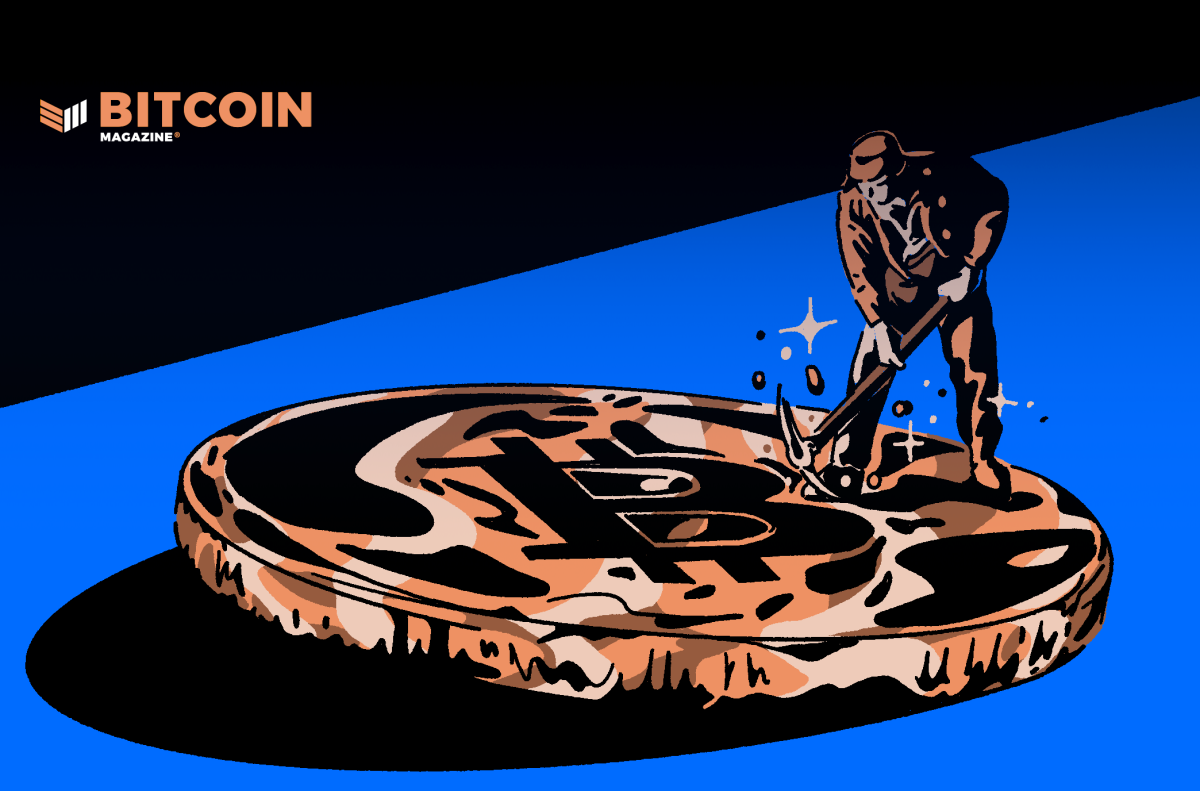(There are approximately 600 billion in synthetic CDOs -best guess I've seen- outstanding and the triggering event in each individual contract is known only to the counterparties -AM)
By MARK WHITEHOUSE and SERENA NG
Wall Street Journal
December 23, 2008
...a vast superstructure of credit derivatives such as synthetic CDOs, built up over the past decade, has spread the risk of lending to U.S. companies -- and how far the pain is likely to reach. They're called derivatives in part because they don't entail any direct investment into companies. Instead, they're more like side bets on the companies' fortunes.
Global investors have already lost billions of dollars on derivative investments tied to U.S. subprime mortgages, but many more -- including towns, charities, school districts, pension funds, insurance companies and regional banks -- put money into synthetic CDOs that insure the equivalent of trillions of dollars in mostly U.S. corporate debt.
Synthetic CDOs are vulnerable at this stage in the financial crisis, because of the way they work. They generate income by selling insurance against bond defaults, typically on a pool of 100 or more companies. One way they do so is by entering into contracts known as "credit-default swaps." Investors, receive regular payments from credit-default-swap buyers, which are usually banks or hedge funds.
In return for the income, investors agreed to make huge payments in what was seen as a highly unlikely event: a wave of corporate defaults greater than any experienced in the previous two decades. Now, though, as financial firms implode and a slump in consumer spending hits retailers and manufacturers, that event is starting to happen.
As a result, synthetic-CDO deals are poised to trigger a massive transfer of wealth from investors to hedge funds and the trading units of big U.S. investment banks. By various estimates, the amount of money set to change hands could be anywhere from tens of billions to hundreds of billions of dollars.
"A lot of people shouldn't have been buying these investments in the first place," says Greg Medcraft, former global head of securitization at French bank Société Générale. Earlier this year, Mr. Medcraft became chairman of finance at the town council of Woollahra, a Sydney suburb that had invested heavily in synthetic CDOs before he arrived. "We've got to learn some lessons from what's happening," he says.
Investors are now scrambling to get out of synthetic CDOs by buying default insurance, causing prices to rise. As of Dec. 19, the average annual cost of five-year insurance on $10 million in North American investment-grade companies had reached $215,000, up from $143,000 in early September, according to data provider Markit. That, in turn, helps drive up the cost of borrowing for all kinds of companies, which must consider the cost of default insurance when gauging how much interest they will pay on newly issued bonds.
As synthetic CDOs run into trouble, investors are popping up in unexpected places. In Singapore, hundreds of individuals, including retirees, who bought these notes were recently told they were unlikely to get any of their money back. In Wisconsin, five school districts that put a combined $200 million into synthetic CDOs in 2006 now face budget shortfalls due to write-downs on those investments. Belgian bank KBC recently took a €1.6 billion ($2.23 billion) write-down on synthetic-CDO investments. Australian town councils invested nearly A$600 million in synthetic CDOs, according to a government report.
Meanwhile, the price of default insurance on companies widely used in synthetic CDOs suggests cumulative losses to defaults could rise to more than 10% over the next five years.
Nearly a quarter of the synthetic-CDO securities that started with investment-grade credit ratings from S&P have already been cut to junk, according to data from the rating firm.
"This isn't what investors, and the professionals that created these products, envisioned or wanted to happen," says Mark Adelson, chief credit officer at Standard & Poor's.
Tuesday, December 23, 2008
Subscribe to:
Post Comments (Atom)




No comments:
Post a Comment